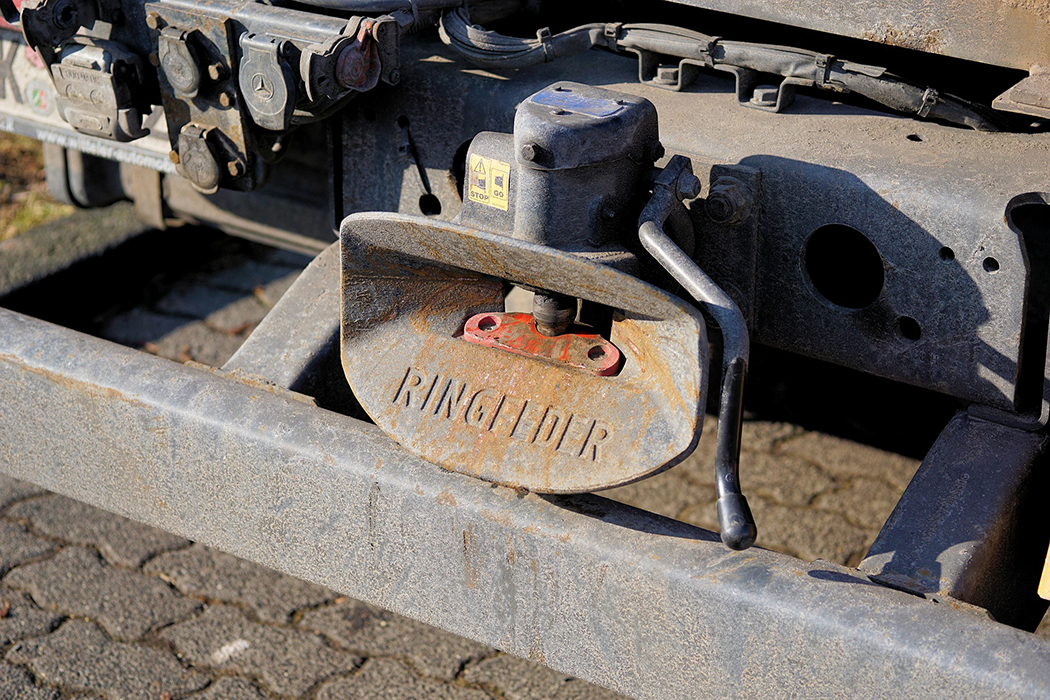The Importance of Choosing the Right Trailer Hitch for Your Vehicle

When it comes to towing a trailer, having the right equipment is crucial for a safe and smooth journey. One of the most important components of your towing setup is the trailer hitch, which connects your vehicle to the trailer and supports its weight. However, with so many types, sizes, and weight ratings of trailer hitches available, it can be challenging to know which one is the best fit for your vehicle and towing needs. In this guide, we'll walk you through the key factors to consider when choosing a trailer hitch, so you can make an informed decision and enjoy your towing experience with confidence.
1. Know Your Vehicle's Towing Capacity
The first step in selecting a trailer hitch is to determine your vehicle's towing capacity, which is the maximum weight your vehicle can safely tow. This information can usually be found in your vehicle's owner's manual or on the manufacturer's website. It's important to choose a trailer hitch that matches or exceeds your vehicle's towing capacity, to ensure that you can tow your trailer safely and legally.
2. Choose the Right Hitch Class
Trailer hitches come in several classes, based on their weight rating and receiver size. The most common classes are I, II, III, IV, and V, with each class having a different weight capacity and receiver size. The hitch class you choose will depend on your vehicle's towing capacity and the weight of your trailer. As a general rule, a Class I or II hitch is suitable for towing small boats, utility trailers, or cargo carriers, while a Class III, IV, or V hitch is better suited for larger trailers, RVs, or heavy equipment.
3. Consider the Hitch Type
In addition to hitch class, you'll also need to choose the right type of hitch for your towing needs. The most common types are ball mount hitches, which use a ball and coupler to connect to the trailer, and fifth wheel hitches, which are used for towing larger RVs and trailers that have a fifth wheel or gooseneck coupling. Some vehicles may also require a specialized hitch, such as a weight distribution hitch or sway control hitch, to improve stability and control while towing.
4. Think About Installation and Maintenance
Once you've selected the right trailer hitch for your vehicle, you'll need to have it installed by a professional installer or do it yourself if you're experienced. It's important to follow the manufacturer's instructions carefully and use the proper tools and hardware for a secure and reliable installation. You should also inspect your hitch regularly and perform routine maintenance, such as lubricating moving parts, checking for wear and tear, and tightening bolts and nuts as needed.
Conclusion
Choosing the right trailer hitch can make all the difference in your towing experience, whether you're hauling a boat, a camper, or a load of supplies. By considering your vehicle's towing capacity, the hitch class and type, and the installation and maintenance requirements, you can ensure that your trailer hitch is up to the task and provides you with years of safe and reliable towing. If you're not sure which trailer hitch is right for your vehicle, consult with a professional installer or a trusted towing expert who can guide you through the process and answer your questions.

The Advantages of Hiring a Flatbed Tow Truck for Your Vehicle
If you've ever experienced a breakdown or an accident on the road, you know how stressful it can be to figure out how to get your vehicle to a safe location. While there are various types of tow trucks available, one that is often recommended for its versatility and safety is the flatbed tow truck. In this blog post, we'll explore the advantages of hiring a flatbed tow truck for your vehicle and why it may be the best option for your towing needs.